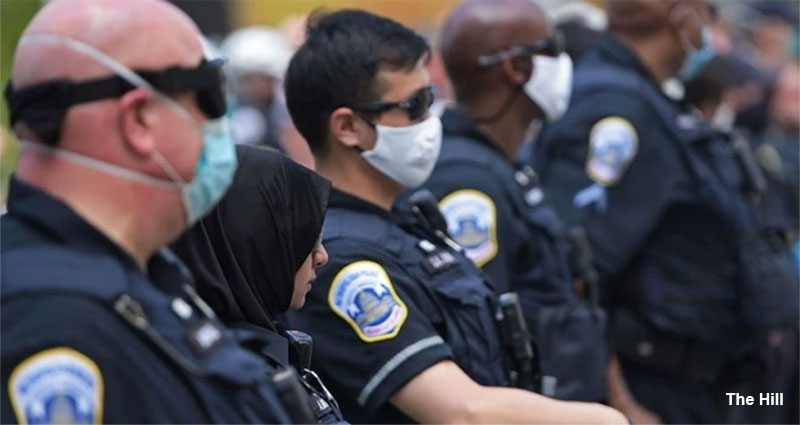Increasingly, courts are granting qualified immunity police officers. The Benefits and Limitations of this defense are explored in this article. You’ll learn how qualified immunity for police officers works and when it’s appropriate to invoke it. You’ll also discover how to pursue a claim for qualified immunity in court.
Courts Increasingly Willing to Grant Qualified Immunity Police Officers
Qualified immunity is an important tool that allows law enforcement officials to defend themselves against civil rights lawsuits. It can be used to protect police officers from civil rights suits, even when they have committed serious violations of the law. Qualified immunity could prevent police from suing civilians for civil rights violations, but a police officer cannot sue an individual for civil rights violations if he or she was acting in good faith.
The issue has drawn national attention in recent years. Since George Floyd’s death, advocates for police accountability have been calling for an end to qualified immunity. But recent developments have raised questions about whether the current system of qualified immunity is working. The Supreme Court has ruled that police officers are entitled to qualified immunity, even if their actions are not legal.
Cases of Qualified Immunity for Police Officers
Qualified immunity for police officers is a defense that protects officers from lawsuits unless their actions violate a clearly established constitutional right. The principle has been criticized by a number of high-profile cases. One case in particular involved the shooting of a driver by a police officer who had been engaged in a dangerous car chase.
The issue has been addressed in countless court decisions over the past few decades, but fewer courts are producing precedent, and that is one reason why important constitutional questions go unanswered. As a result, qualified immunity for police officers can place even good cops in an unenviable position in a criminal case.
Benefits of Qualified Immunity
Qualified immunity protects police officers from lawsuits filed against them. This is an essential part of policing and allows good police officers to remain free from bankruptcy and other personal financial consequences. Opponents of qualified immunity want it abolished or curtailed, but these attempts will only harm law enforcement by disarming them. Qualified immunity provides police officers with protection against malicious lawsuits and personal financial ruin.
Earlier this year, the Supreme Court clarified the rules for qualified immunity. In the
Filarski v. Delia case (2012), the Court decided to expand QI to private contractors and private actors acting as government agents. The decision struck a balance between protecting public officials and protecting individuals.
Limitations on Qualified Immunity
Limitations on qualified immunity for police officers have been the subject of much debate. Advocates for qualified immunity argue that it protects police officers from civil lawsuits based on their performance on the job. But many have argued that qualified immunity is an unnecessary shield for law enforcement. Ultimately, qualified immunity hurts both the police officers and the public, who need to trust the officers to do their jobs safely.
Qualified immunity is a legal doctrine that was first recognized in the Pierson versus Ray case in 1967. In the later case of Harlow versus Fitzgerald, the Supreme Court established the modern test for qualified immunity: a defendant must prove that the officer’s actions violated clearly established rights. This test has been refined by subsequent Supreme Court cases.










